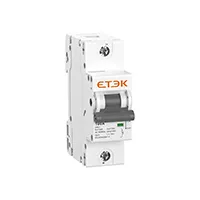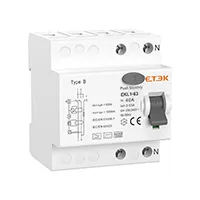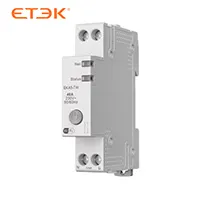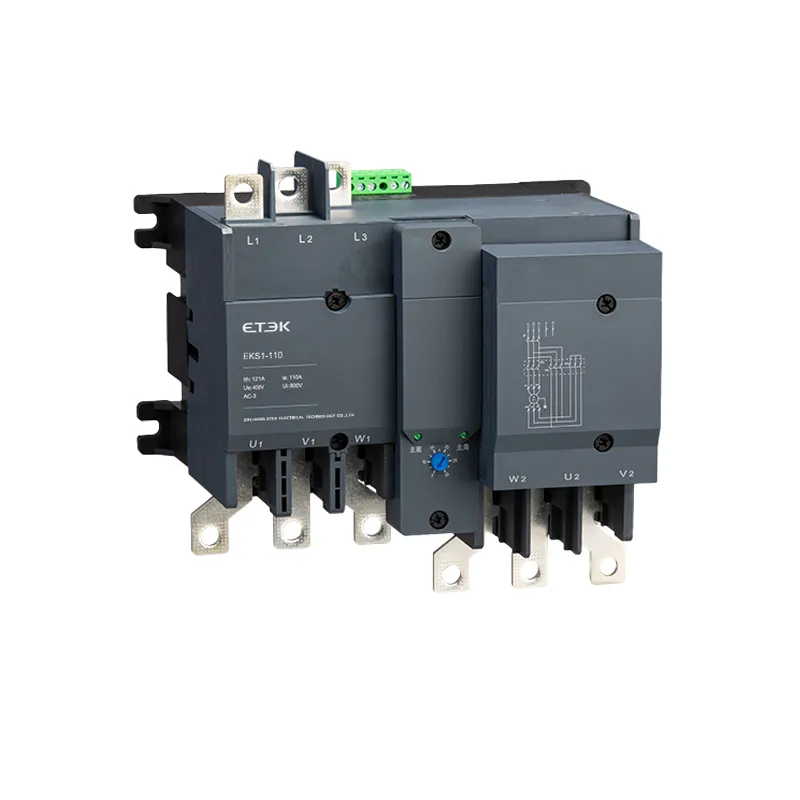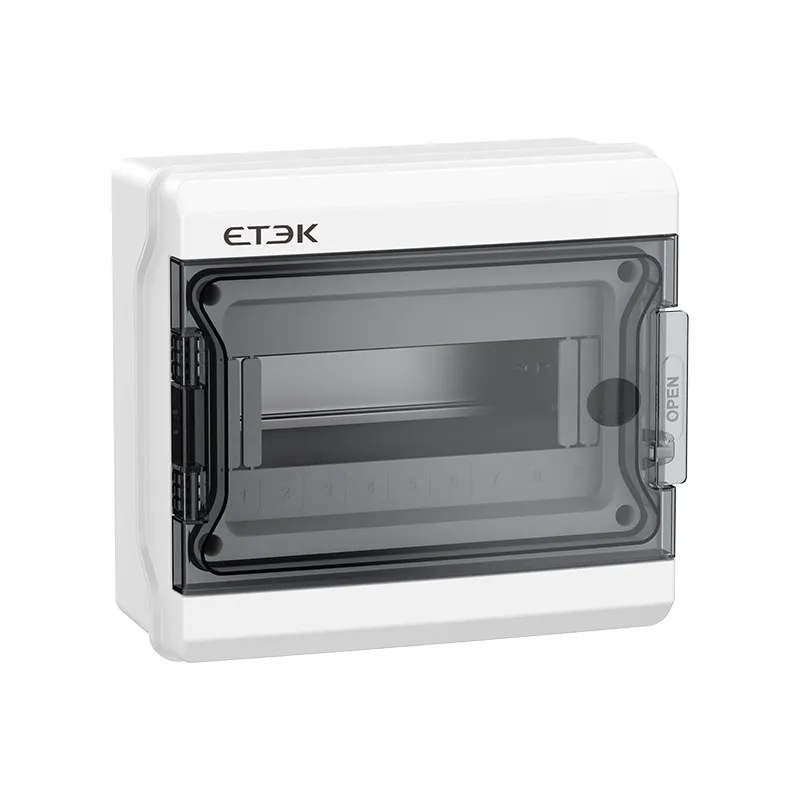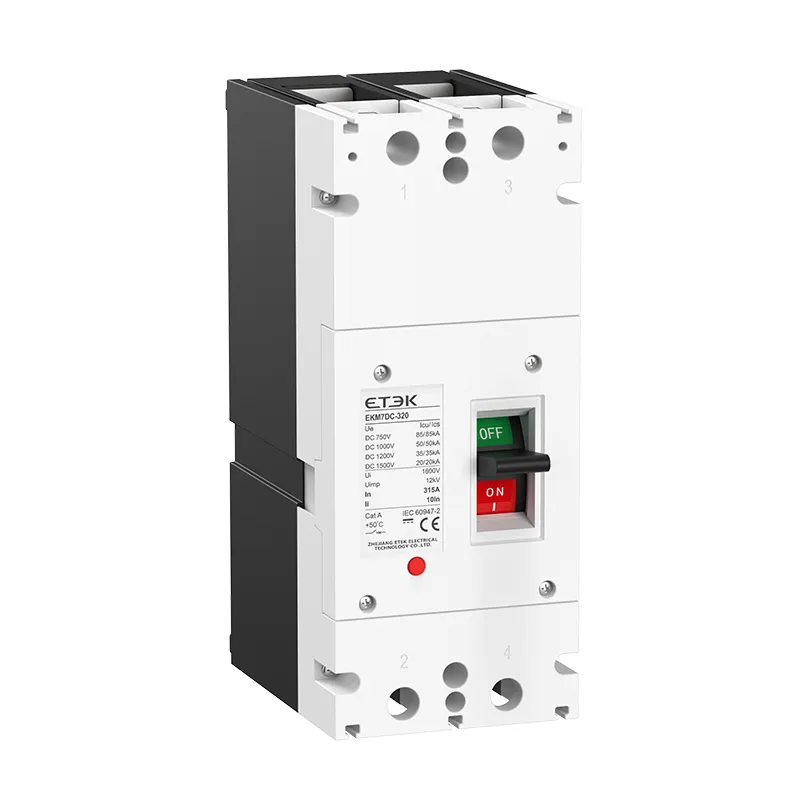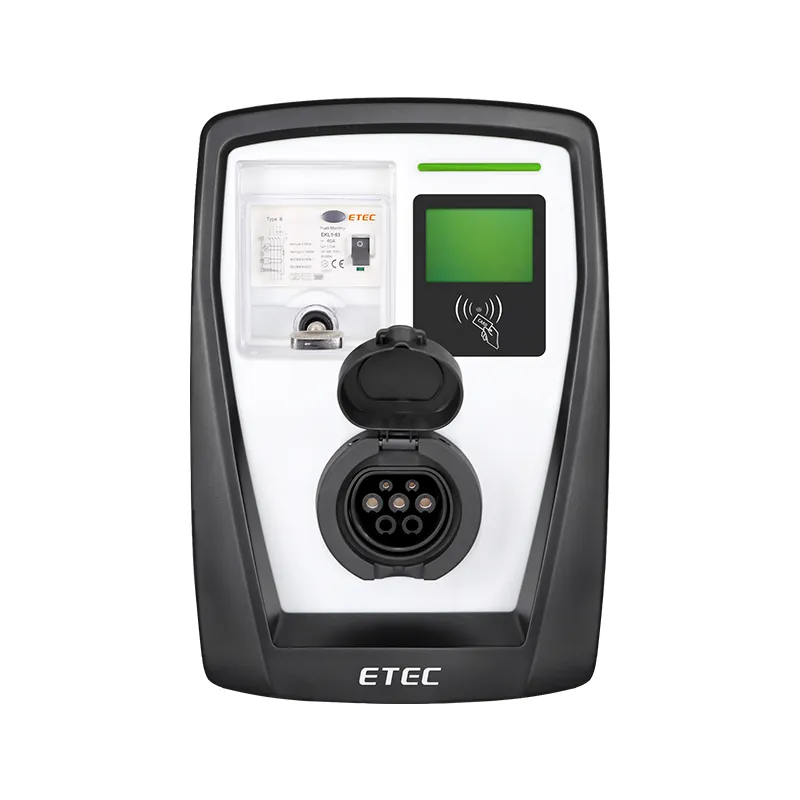RCBO vs. RCD vs. MCB: What's the Difference?
When it comes to electrical safety devices, the terms RCBO, RCD, and MCB are often thrown around. While they all play a crucial role in protecting circuits, they have distinct functions and applications. Let's break down the differences:
MCB (Miniature Circuit Breaker)
Function: An MCB is designed to protect against overcurrent and short circuits. It trips and breaks the circuit when the current exceeds a predetermined limit.
Mechanism: It works based on a thermal or magnetic mechanism. The thermal mechanism trips for sustained overloads, while the magnetic mechanism trips for sudden short circuits.
Protection: Primarily protects against thermal damage to wiring and appliances caused by excessive current.
RCD (Residual Current Device)
Function: An RCD is designed to protect against earth leakage currents. It detects imbalances in the current flowing through the live and neutral wires, indicating a leakage to earth.
Mechanism: It works based on a differential current transformer that constantly monitors the current balance. If a leakage occurs, the RCD trips and breaks the circuit.
Protection: Primarily protects against electric shock by quickly disconnecting the circuit when a leakage is detected.
RCBO (Residual Current Breaker with Overcurrent Protection)
Function: An RCBO combines the functions of both an MCB and an RCD in a single device. It protects against both overcurrent/short circuits and earth leakage currents.
Mechanism: It incorporates both the thermal/magnetic mechanism of an MCB and the differential current transformer of an RCD.
Protection: Provides comprehensive protection against both thermal damage and electric shock.
Summary Table:
|
Feature |
MCB |
RCD |
RCBO |
|
Primary Function |
Overcurrent protection |
Earth leakage protection |
Overcurrent and earth leakage protection |
|
Operation |
Trips on overcurrent |
Trips on earth leakage |
Trips on overcurrent or earth leakage |
|
Protection |
Short circuits, overloads |
Electric shock |
Short circuits, overloads, electric shock |
|
Sensitivity |
High for overcurrent |
High for earth leakage |
High for both overcurrent and earth leakage |
|
Application |
Individual circuit protection |
Protection against electric shock |
Combined protection, space-saving solution |
Choosing the Right Device:
The choice between these devices depends on the specific application and the level of protection required. In general:
MCB: Used for general circuit protection in electrical distribution boards.
RCD: Used in areas where protection against electric shock is crucial, such as bathrooms and outdoor sockets.
RCBO: Used where comprehensive protection is needed for individual circuits, such as in modern residential and commercial installations.
For complex electrical installations or situations requiring specific protection levels, consulting a local electrician is highly recommended. They can assess your needs and advise on the most appropriate device or combination of devices for optimal safety.



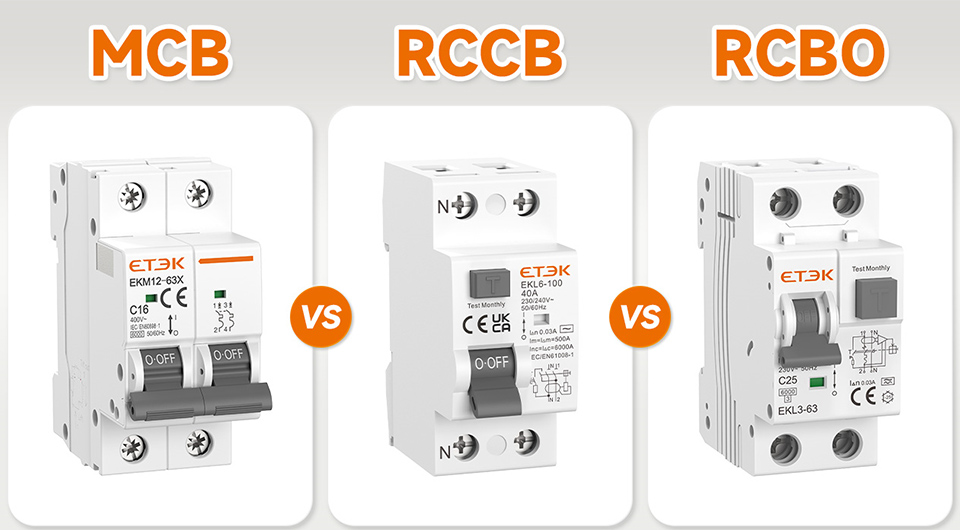
.webp)

